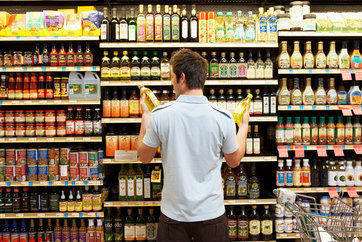UK recently voted to leave the European Union
By Diego Flammini
Assistant Editor, North American Content
Farms.com
Farmers in the United Kingdom are warning that food prices could rise as a result of the Brexit vote.
After last Friday’s referendum resulted in the UK’s decision to leave the European Union, the British pound fell as much as 13 per cent. That, paired with the UK’s need for imports, could result in higher prices at the grocery stores.
“Sadly, we only produce 60 per cent of the food consume, we’ve seen our self-sufficiency fall dramatically, so we are very dependent on imported food,” Meurig Raymond, president of the National Farmers Union, told the Guardian.

Raymond added that other local products could now be subject to export tariffs.
“We export 38 per cent of the lamb we produce in the UK into the EU…We exported in excess of 3m tonnes of wheat and barley into Europe,” he said.
Another factor facing producers is if the UK government will match the nearly $4bn USD that the EU pays in subsidies to farmers.
Raymond said in 2014, the average income of a farmer was about £20,000, or $26,571 USD. Of that amount, about 55 per cent of it was EU money.
The NFU will hold meetings beginning July 1 to determine exactly what the Brexit means for local farmers.